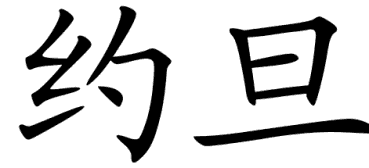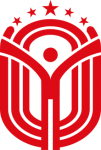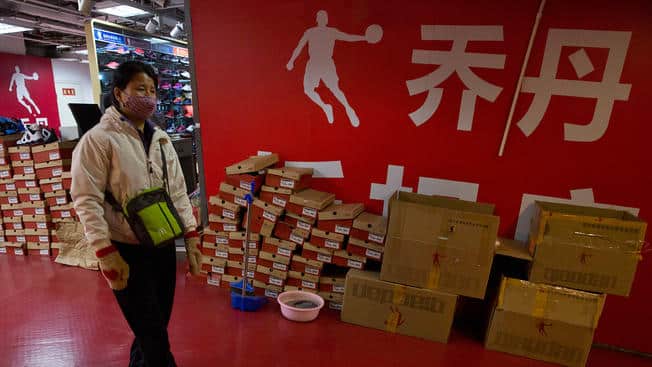What happens when the legal rights to a person’s name are used for products produced and sold abroad? Is the translation of the name trademark protected? In the landmark case of Michael Jordan versus a Chinese sporting goods company, the court ruled in favor of name trademark protection. With the beginning of what seems to be a new era in China’s name trademark cases, what role will translation play?
Chinese Trademark Translation: Jordan Owns His Name in Chinese Characters
In the 4-year long case between Michael Jordan, the former basketball celebrity, and a Chinese company selling products using his name, Qiaodan Sports Company, China’s higher court ruled in favor of Michael Jordan.
The company, which owns about 6,000 sportswear shops in China, used Jordan’s name to market and sell their producs in the country. The court came to the decision last December, that Jordan is well known in China by the Chinese translation of his name,”乔丹” pronounced “Qiáo dān”, as it has long been used by the Chinese media, and he therefore has the legal rights to it. Following this ruling, Qiaodan Sports gave up its trademark registration to the Chinese version of the name.
The verdict that Jordan owns legal rights to the Mandarin Chinese translation of his name overturned previous rulings by lower courts in Beijing that decided in favor of the Chinese sporting goods company. In the more recent case, the Supreme People’s Court stated more specifically that there was not sufficient evidence to show that Chinese consumers associated the Romanized version of Jordan’s name, Qiáo dān, but that only the company’s use of his name in Chinese characters was an infringement on his name trademark.
What this Means for Chinese Trademark Translation

The challenge in China lies in that trademarked names can be slightly changed by just a letter or two, as in the case of New Balance, transcribed into the Romanized version of a name from Latin script, such as the Jordan vs. Qiaodan case, or translated into the Chinese equivalent of a non-Chinese name in Mandarin characters. It therefore falls on the court to decide which of these is considered an infringement on the rights to the trademark.
What is Pinyin Translation?
There are two types of written Chinese scripts, Traditional and Simplified characters, the latter being the most commonly used in mainland China following government efforts to improve the country’s literacy in the 1950’s.
When translating from written Chinese into a language that uses Roman script, another form of Chinese can be used called Pinyin. Hanyu Pinyin or Chinese Pinyin literally means “spelled sound” (Pin means “spelling” and Yin means “sound”). It is a system of phonemic notation and transcription to Roman script for the written Mandarin Chinese language.
The transcription into Roman script is relevant for intellectual property rights in China since there may be an issue as to whether or not the Piniyin translation of a name can be associated with a trademark, as well as the name in Simplified Mandarin Chinese characters officially used in Chinese patents. This makes name trademark cases such as Jordan’s in China more complex, as there is more than one way in which a foreign name can be written.
Recent Developments

Since the company felt that financial compensation is not enough, Qiaodan is also demanding a public apology from Jordan and a retraction of the letter sent by him to the organizers of the country’s premier sports event. Qiaodan also requested that Jordan include a statement revoking all of Qiaodan Sportswear’s disputed trademarks.
For now, both parties await a resolution, and the dispute over intellectual property rights is to be continued.
Visit our website for more about our Translation Services and Legal Translation services!
About Language Connections:
Language Connections is one of the top language service companies in the US. Over the last 30 years, we’ve focused on providing the best business translation services, interpreting services, as well as interpreter training and customized language training programs. In addition to top-tier corporate language training, we offer certified corporate interpreters and professional business translation services in 200+ languages. Our network includes linguists with backgrounds in all major industries. They’re ready to meet your needs, whether they’re for technical translation services, legal translation, government translation services, international development translation services, education translation services, life sciences translation, or something else. Reach out to us today for a free quote on our cost-efficient and timely translation services, interpreters, or other linguistic services.
Language Connections Inc.
2001 Beacon Street, Suite 105,
Boston, MA 02135
Phone: +1-617-731-3510
Email: service@languageconnections.com


